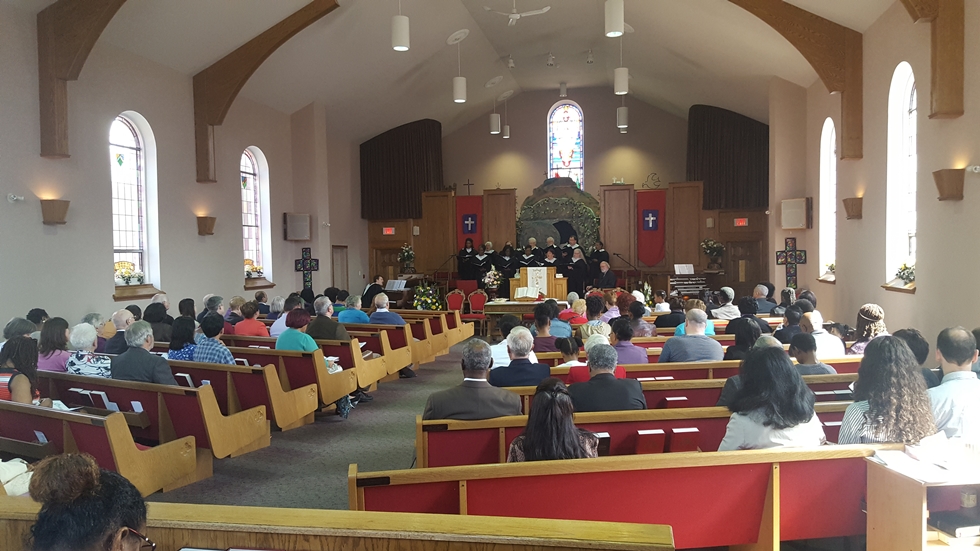Be Patient
“Be patient, then, brothers, until the Lord’s coming. See how the farmer waits for the land to yield its valuable crop and how patient he is for the autumn and spring rains. You too, be patient and stand firm, because the Lord’s coming is near. Don’t grumble against each other, brothers, or you will be judged. The Judge is standing at the door.”
James 5:7-9
In meditating upon the final chapter of the book of James it becomes apparent that he has been working out a key principle of Christian living throughout the letter. This is that the Christian life is one continuous pursuit of the promise and purpose of God in every area of our living. Eugene Peterson focused his study of the Psalms of Ascent upon the premise that the Godly life is in reality “a long obedience in the same direction.” This seems to be the focus of the letter that James wrote to a group of struggling Christians in the mid first century AD. He begins the letter with these words,
“Consider it pure joy, my brothers, whenever you face trials of many kinds, because you know that the testing of your faith develops perseverance. Perseverance must finish its work so that you may be mature and complete, not lacking anything. If any of you lacks wisdom, he should ask God, who gives generously to all without finding fault, and it will be given him.” (James 1:2-5)
In the fifth chapter, after describing a whole host of trials that the Christian must overcome as we live out our faith in this world which is so hostile to the purposes of God, James returns to this theme, commanding believers to be patient as we await the coming of the Lord. God has called us to become people of faith who passionately pursue the Lord Jesus Christ, and His matchless Holiness, while awaiting His return in Glory. It is in this patient pursuit of the Lord that we find our faith tried and matured so that it will be revealed as genuine in the Day when the Lord returns.
In thinking of this I am reminded of those days when I was a middle distance runner. The glorious days were those in which we ran a race. To do well in the race however required that we be disciplined in the hidden days of training, when we ran many hard miles. We struggled through those hard days, but they brought about a strength that saw us through the race that we were running. James commands his readers to be strengthened in their hearts as they look ahead to the Lord’s return. This is the work of the Holy Spirit, as the Apostle Paul tells us in Ephesians 3:14-21. The Holy Spirit uses means however. James calls us to walk with the Spirit in those disciplines to which the Spirit calls us so that we will be strong and mature as we face the difficulties of our lives.
What are the disciplines that the Spirit calls us to engage in for this purpose? They must surely begin with the following three things.
1) A disciplined commitment to developing our lives of prayer. God has called us to enter into the great privilege of fellowshipping with Him in Christ. Nothing happens in our lives apart from a growing fellowship with God in prayer.
2) The meditative application of the Word of God in our lives. We must be engaged in more than just the reading of the Bible. It must be transforming our lives as it is applied by the Holy Spirit.
3) Increasingly we must find that our lives are becoming centred upon the one goal that is worthy of life. This is the pursuit of the Kingdom of God as it is revealed in the return of Christ.
